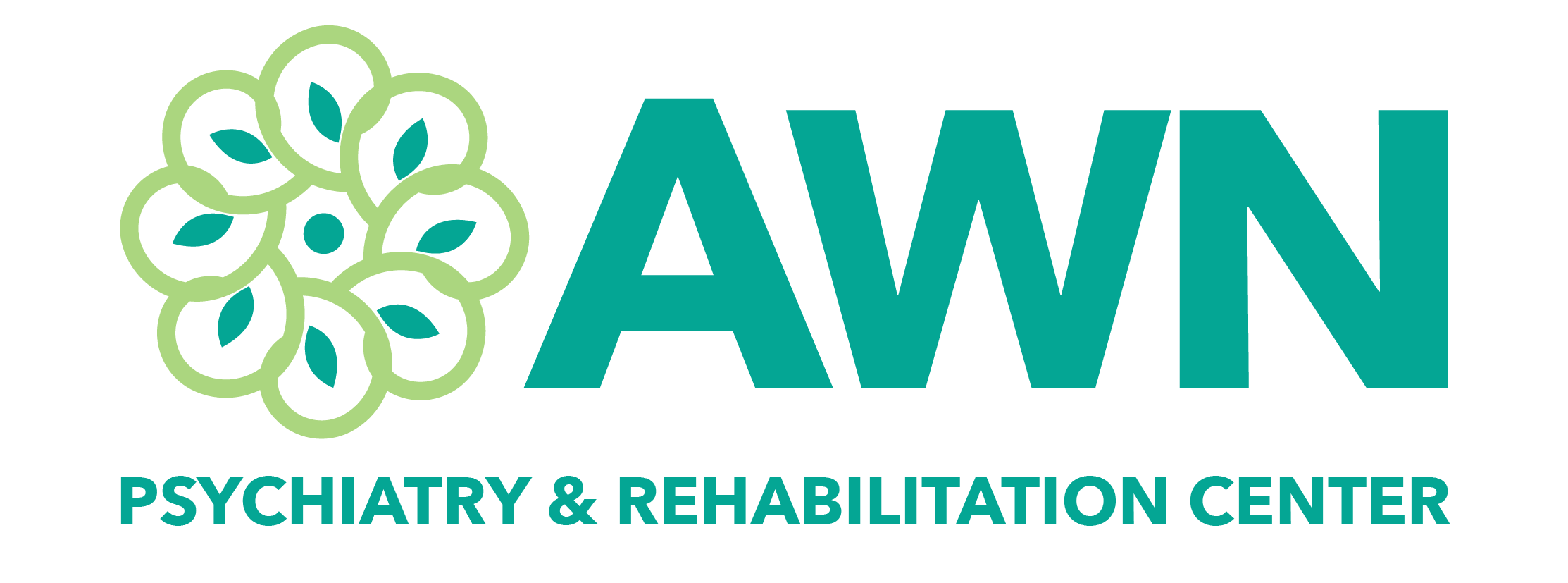Treatment programs
Therapeutic programs
Detoxification and Withdrawal Management
Our treatment programs for addiction begin with detoxification and withdrawal management. This critical stage focuses on safely removing toxins from the body while addressing withdrawal symptoms. During this process, comprehensive medical analyses and psychological evaluations are conducted to tailor the program to individual needs. The duration of detox typically ranges from one to three weeks, depending on factors such as the type of substance, dosage, duration of use, and the treating physician’s diagnosis.
Comprehensive Rehabilitation and Family Engagement
After completing initial treatment programs for addiction, patients enter the rehabilitation phase. This program focuses on transforming negative behavioral, psychological, and cognitive patterns. Key components include anger management, addressing thinking errors, achieving life balance, and developing essential life skills. Additionally, the rehabilitation process emphasizes meditation, relaxation techniques, motivational strategies, and enhancing the desire to maintain recovery. It also incorporates physical rehabilitation, health education, spiritual guidance, and correcting misconceptions to support lasting recovery.
Awn center treatment programs for addiction include a wide array of scientifically proven health treatments, such as counseling sessions, cognitive behavioral therapy (CBT), the 12-step program, dialectical behavioral therapy (DBT), art therapy, and psychodrama therapy. This diverse range of treatments is essential because no single method works for everyone. We create personalized rehabilitation plans tailored to each patient’s unique condition and needs, ensuring the most effective path to recovery.The duration of the rehabilitation program at the center lasts from four to six months, and may be longer or shorter depending on the patient’s condition. It includes a full stay inside the center, interspersed with treatment leaves accompanied by a companion or companions from the treatment team, to train the recovering person to gradually integrate into society.
Given the importance of the family’s role in rehabilitation, periodic meetings are held with family members, collectively and/or individually, to guide and educate them on how to deal with the recovering person during and after recovery, as well as to respond to inquiries from family members regarding the development of the recovering person’s condition, the established rehabilitation plan, and the family’s role in it.


